Petrochemical Automotive PlasticRecycling 16-12-2020 - Arhive
Petrochemical Automotive PlasticRecycling
Crude Oil Prices Trend

-Axens selected by Sumitomo Chemical for a waste-to-polyolefins project
Axens selected by Sumitomo Chemical for a waste-to-polyolefins project
Sumitomo Chemical and Axens signed a license agreement of ethanol-to-ethylene technology Atol for Sumitomo Chemical’s waste-to-polyolefins project in Japan.
In the project, to promote circular economy, Axens’ Atol® technology will transform ethanol produced from waste into polymer-grade ethylene that will be polymerized in Sumitomo Chemical’s assets into polyolefin, a key product in the petrochemical industry.
At full roll-out, the project will enable the production of waste-based polyolefin at industrial scale, which will represent a leapfrog towards a sustainable economy based on renewable carbon.
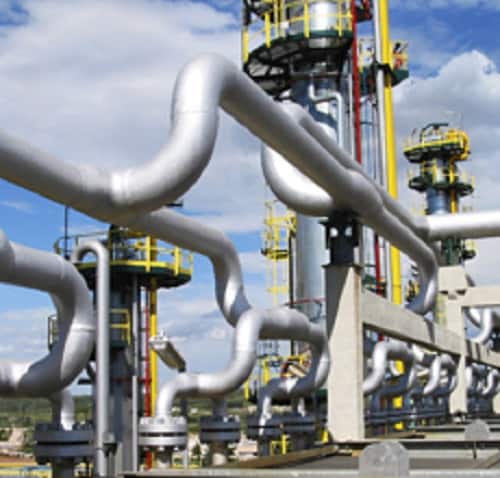
-New state-of-the-art power station transforms non-recyclable waste from local households into electricity and steam
-Successful first deliveries of steam and electricity to Borealis Beringen operations
-Borealis moves one step closer to sourcing 50% of its total electricity consumption in operations from renewable sources Petrochemical Automotive PlasticRecycling
Borealis and Bionerga announce the joint commissioning of Biostoom, a new waste-to-energy plant constructed and operated by Bionerga in Beringen, Belgium. The long-term agreement between Borealis and Bionerga, a Belgium-based specialist in recovering energy from waste, has enabled Borealis to move closer to its goal of sourcing 50% of its total electricity consumption from renewable sources for operations in its major business areas by the year 2030. The new Biostoom Beringen facility is allowing Borealis to reduce the amount of natural gas used in operations by supplying steam and electricity recovered from processing of non-recyclable waste collected from nearby communities. The first electricity delivery took place in August, and the first steam was delivered in October 2020.
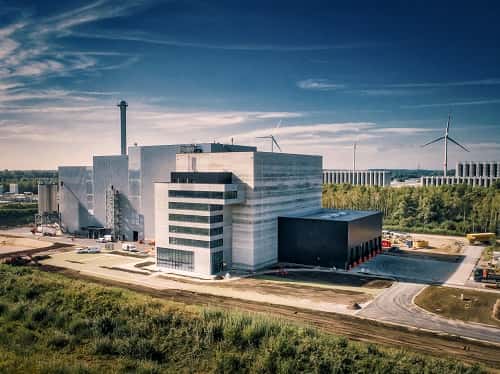
-“Europolymer-Trading” has released a new additive based on polystyrene
Europolymer-Trading (Rostov-on-Don) has launched a new line of polystyrene-based compounds in the Ramoy series, the company said. Petrochemical Automotive PlasticRecycling
The R80PS-2M chalk additive perfectly matches and has a high degree of distribution due to the identical polymer matrix with the main raw material.
R80PS-2M chalk compound has 60% CaCO3 content, 38% content – polymers, 2% – additives. Calcite whiteness – 99%, MFR – 13-14 g / 10 min and is suitable for the production of items such as disposable tableware (cups, plates, spoons, forks), containers for vending machines, reusable tableware, children’s toys.
According to the manufacturer, the use of the R80PS-2M chalk compound in injection molding and thermoforming allows eliminating shrinkage of the finished product, avoiding warping, obtaining a positive economic effect by reducing the consumption of white dye, and imparting additional physical and mechanical properties to the finished product. …
In November, “Evropolimer-trading” reported the beginning of deliveries to the Russian market a new series pelletizer company Polystar Machinery (Taiwan), intended for the processing of waste polypropylene bags and woven fabrics.
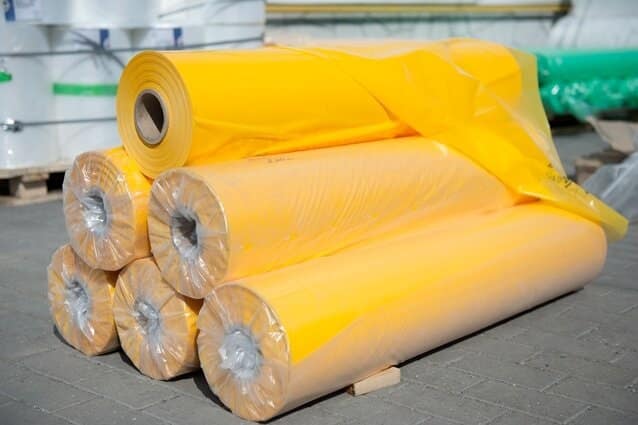
-Eurozone chemicals production continues growing in October after Q2 crash
Eurozone chemicals output continued to grow significantly in October, month on month, statistical agency Eurostat said on Monday. Petrochemical Automotive PlasticRecycling
Only Spain’s output fell in October, month on month, among the eurozone 19 countries.
Chemicals output growth in the eurozone and the wider 27-country EU has continued in the latter half of the year after output crashed in the second quarter on the back of lockdowns to contain the spread of the coronavirus pandemic.
INDUSTRIAL OUTPUT
The trend in the chemicals sector mirrors growth in overall industrial production, increasing by 2.1% in the eurozone and by 1.9% in the EU.

-Textile industry bounces back stronger
Pakistan’s textile exports seem to have largely recovered from the Covid-19 pandemic shocks and are still growing. The recent monthly data published by the Pakistan Bureau of Statistics for the first four months of the current financial year confirms that the textile and clothing export shipments are back on growth trajectory both in terms of their quantity and dollar value.
The data shows that the textile shipments have surged by 3.8 per cent to $4.8 billion between July and October from $4.6bn a year ago. The rise in the textile and clothing group has been a wee faster than the 0.6pc growth in the overall export. The export recovery is most prominent in the knitwear, home textiles and denim segments.
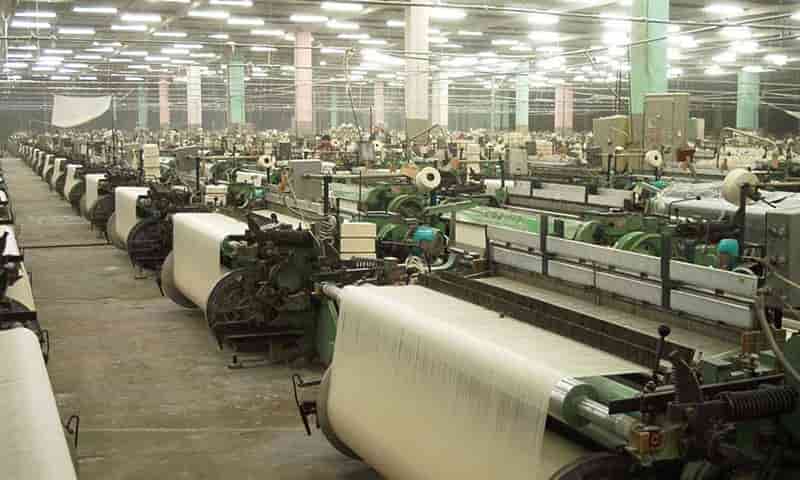
-Report advocates for improving chemical recycling LCAs
Rethink Plastic Alliance reviewing four commonly cited life cycle assessments (LCAs) on chemical recycling; report identifies undisclosed data, flawed assumptions, questionable accounting methods; suggests LCAs should not be used for public communication or as the basis for political decision making or investment decisions, should be improved to be “more independent,” “transparent,” “comprehensive”
Zero Waste Europe (ZWE), a member of the Rethink Plastic Alliance (RPA), released a new report investigating the quality of life cycle assessment (LCA) studies assessing the environmental impacts of chemical recycling. The report voices concern over the current misuse of those LCAs for political decision making and calls for substantial improvement of study quality. Petrochemical Automotive PlasticRecycling
The latest ZWE report finds that chemical recycling technologies have been promoted to the public and policymakers as “being environmentally friendly, with claims that they can contribute to reducing environmental and climate impacts from plastic” by referring to such chemical recycling LCA studies.
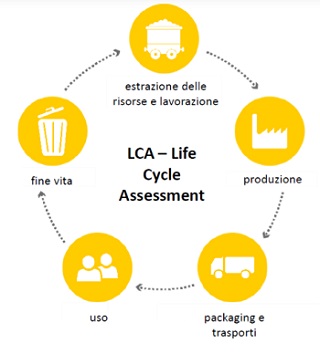
-Clariant’s next-generation Tonsil® 9193 FF improves cost efficiency of feedstock pre-treatment
Clariant’s specialty adsorbent is designed for pre-treatment of the full range of bio- and renewable diesel feedstocks
Higher surface area and improved activation adsorb larger molecules in more complex scenarios Petrochemical Automotive PlasticRecycling
Increased adsorbent versatility reduces feedstock limitations and facilitates stable and reliable production processes
Munich, December 15, 2020 – Clariant’s recently launched Tonsil 9193 FF helps to improve the cost performance ratio for the pre-treatment of diverse oil feedstocks. This next-generation adsorbent answers the growing demand for bio- and renewable fuel production with an adaptive solution for the purification of a wide variety of feedstock sources including crop-based oils, animal fats or other waste streams.
Erik Wolski, Global Head of Marketing Purification at Clariant Functional Minerals, commented: “Our customers’ challenge is to remain flexible when sourcing feedstocks without compromising their production processes. Through innovation, Clariant adresses these challenges and constantly develops its purification portfolio to meet the increased requirements of multiple feedstock sourcing.”
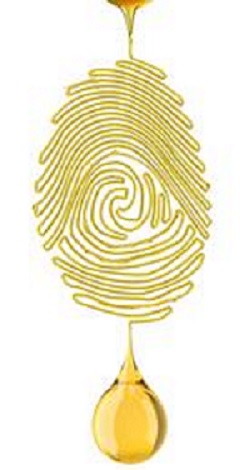
-Sealed Air launches food-grade film made using recycled plastic
Sealed Air has developed what it says is the world’s first food-grade soft plastic film containing Certified Circular Resins (CCR). The new CRYOVAC Brand rBDF S10 film is made using up to 30% food-grade CCR, which is certified by the International Sustainability & Carbon Certification (ISCC), said Packagingnews.
Sealed Air has developed what it says is the world’s first food-grade soft plastic film containing Certified Circular Resins (CCR). The new CRYOVAC Brand rBDF S10 film is made using up to 30% food-grade CCR, which is certified by the International Sustainability & Carbon Certification (ISCC). Petrochemical Automotive PlasticRecycling
According to Seald Air the 21 microns ‘ultra-thin’ barrier is a third lighter than widely used HFFS packs and three times thinner than other thermoformable films. The high gloss finish and transparent clarity of CRYOVAC Brand rBDF S10 is designed to help enhance the appearance of food to drive sales and reduce waste.
Leak-proof closures, hermetic sealing and a protective barrier further minimise waste by safeguarding food integrity and extending shelf-life.
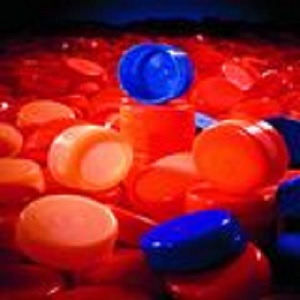
-AMUT Recycling Technology Is Back In Australia
Those were the 2000’s, a few months before the Olympic Games in Sydney 2000 take-off, AMUT was handling over to Coca Cola Amatil in New South Wales the first plant in the world for the recycling of PET post-consume bottles, aimed to produce RPET food grade: this is when the application of the so-called RPET “Bottle to Bottle” was developed.
In the last few years, countries like China, and later South-East Asia in general, were banning the “plastic waste” imports, so that nations like Australia had to face difficult tasks, linked to the management of in-house produced plastic wastes, starting from the principle based on Circular Economy. Petrochemical Automotive PlasticRecycling
At the beginning of 2019, three major Australian leaders, active in different markets such as rigid packaging, beverage, waste management, and recycling, started to cooperate putting in common their ideas with the final goal of giving a second life to PET post-consume bottles collected in the various Australian MRF.

-Performance Modifier Additives Make Standard Polypropylene Resins Perform Like Premium Grades
Polypropylene (PP) shortages have forced many processors to move to lower grade resins at the cost of lower performance and processability. Milliken’s DeltaMax Performance Modifiers upgrade these materials to enhance impact resistance, melt flow rates, and sustainability through the use of more recycled material.
COVID-19 has disrupted virtually all businesses, but one of the larger impacts has been the roller coaster effect on material prices for plastics processors.
As demand fell initially, prices plunged, but increasing demand this summer for housewares and durable goods combined with supply chain disruptions due to weather events in the US drove prices well above norms for some resins.
In addition, the global demand for various PPE, including masks and hospital gowns, led to a shift in availability for traditional copolymer PP grades which created serious supply shortages. Petrochemical Automotive PlasticRecycling
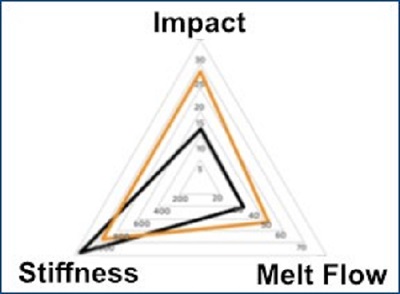
Petrochemical Automotive PlasticRecycling
